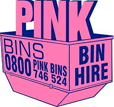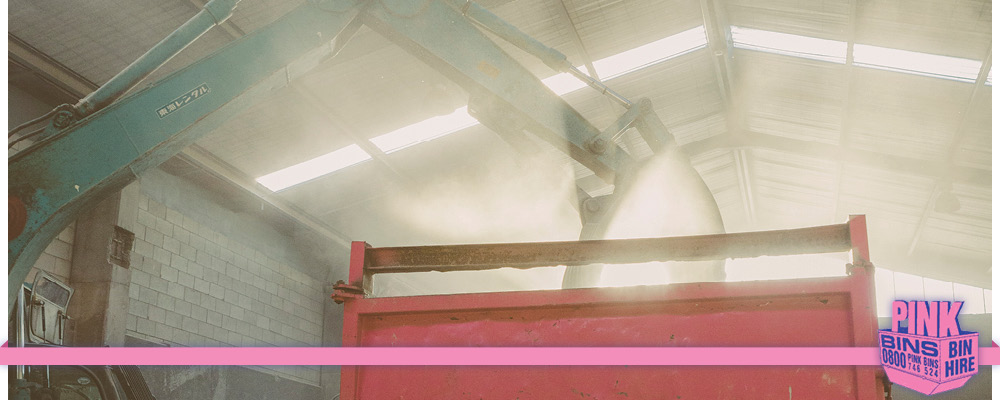Do you know that it can take between 500 to 1000 years for a plastic product to decompose in a landfill? Shocking, but true.
Today, we use plastic to manufacture a huge amount of household items — food containers, shopping bags, plastic cups and kids’ toys, just to name a few.
In this post we explain why it’s important to recycle plastic, instead of consigning it to landfill. If you find this post useful, please share. We welcome your comments.
Though we still don’t recycle enough plastic in New Zealand, it is encouraging to note that more people — and businesses — are catching on. Currently, 24% of plastic in New Zealand is now avoiding landfill and being sent to recycling operations — an improvement of 46% since 2003.
A wasted resource
But what’s the big deal? Why does recycling matter? Well, consider this: When we consign plastic to landfill along with non-recyclable materials, we’re wasting a valuable resource — a resource that could be reworked to make new products. And in order to satisfy our society’s insatiable need for new “things”, we must use up more valuable natural resources.
Where does all the plastic go?
The plastic that is collected for recycling in New Zealand is sorted and then baled at local recycling centres. We take recycling seriously, at Pink Bins, which is why we established a recycling plant in Manukau, South Auckland. In our case, most rubbish is brought back to the plant, tipped on the floor and then sorted through by our floor staff. All extracted recyclables are then freighted to various recycling centres. Though some plastic finds its way to New Zealand manufactures for repurposing, most of it heads overseas, particularly China.
Two sources of recycled plastic
Plastic is recycled from two sources:
1. Pre-consumer waste
This is waste that doesn’t make it to the consumer — scrap from manufacturing. Some Kiwi manufacturers have practically cut out all plastic wastage. In fact, more than 90% of New Zealand’s manufacturing scrap plastic is recycled back into the recycling process.
2. Post-consumer waste
This is plastic, like empty food containers and drink bottles, that has been used by the consumer. Recycling is easy There is no excuse for not recycling your plastic — it isn’t hard. There is plenty of information from the Auckland City Council’s website explaining more about recycling and what you can and can’t recycle in your area.
What do you think?
©Word Works
We hope that you will think carefully about what happens to your plastic waste. If you enjoyed this post please share. We welcome your comments.

